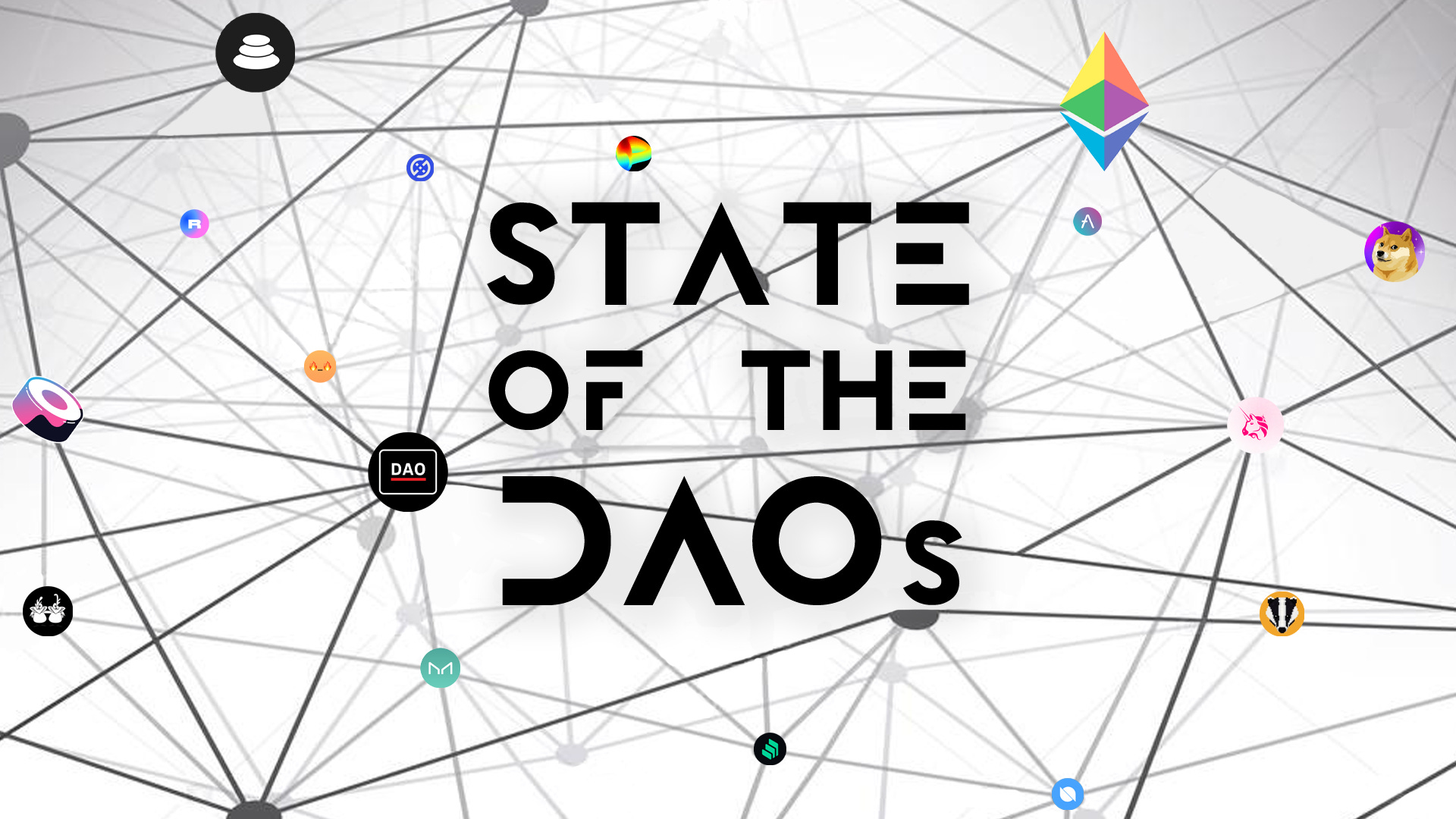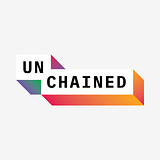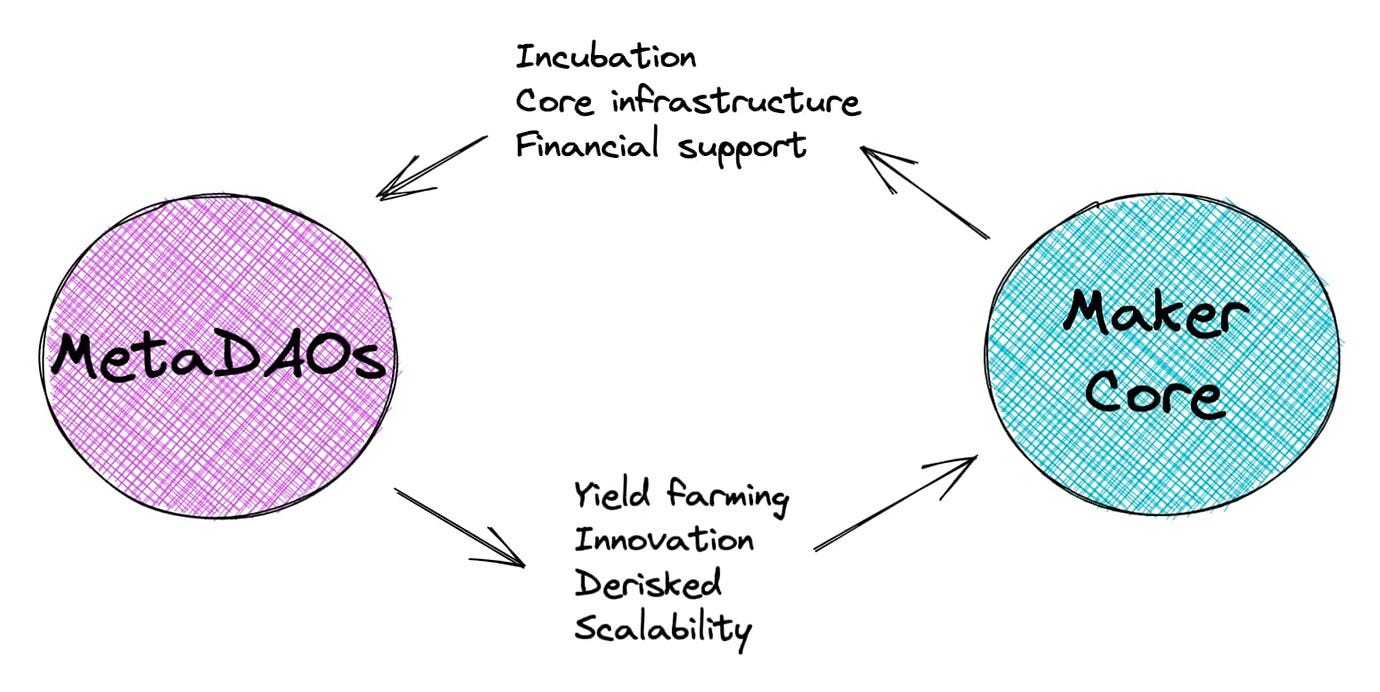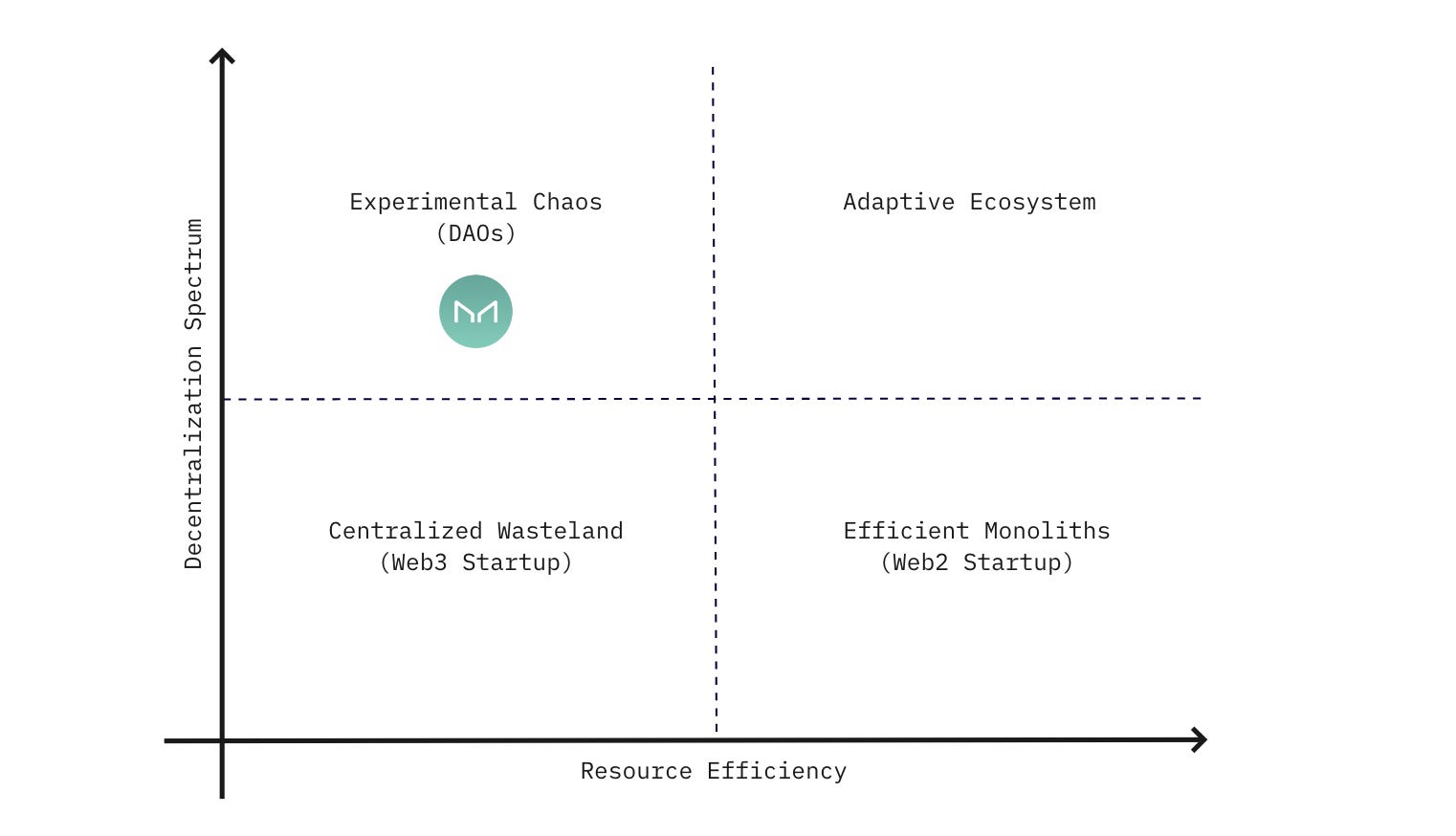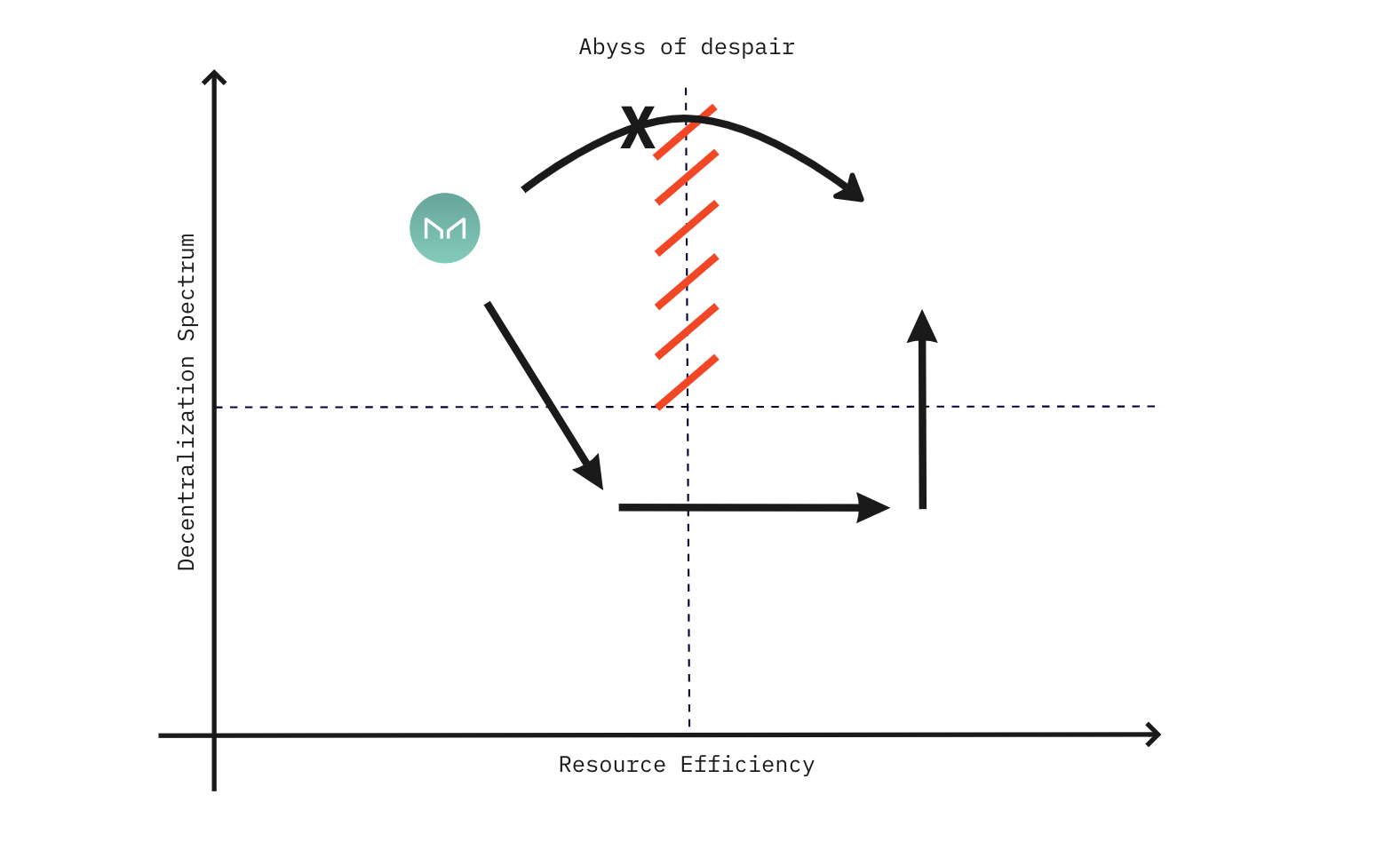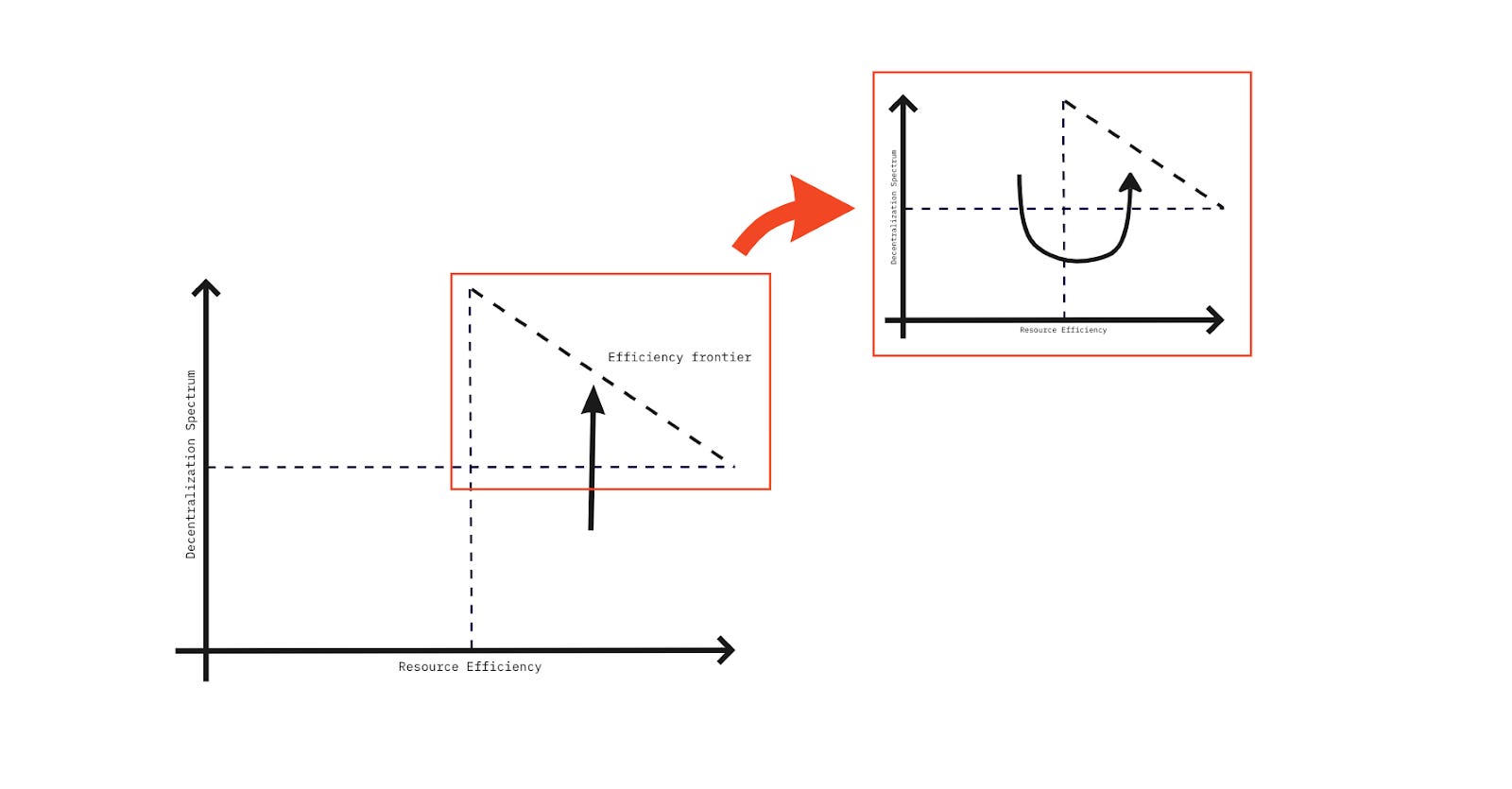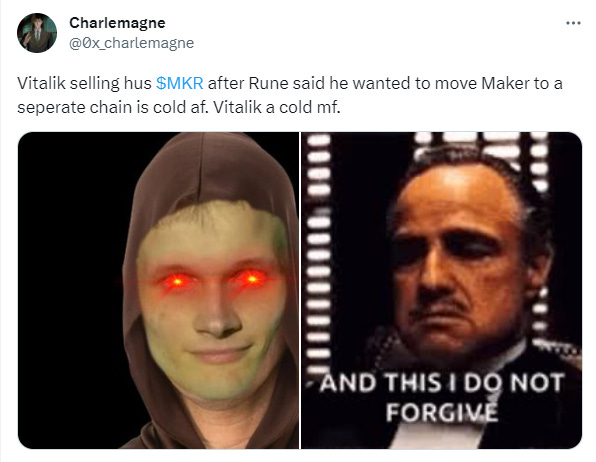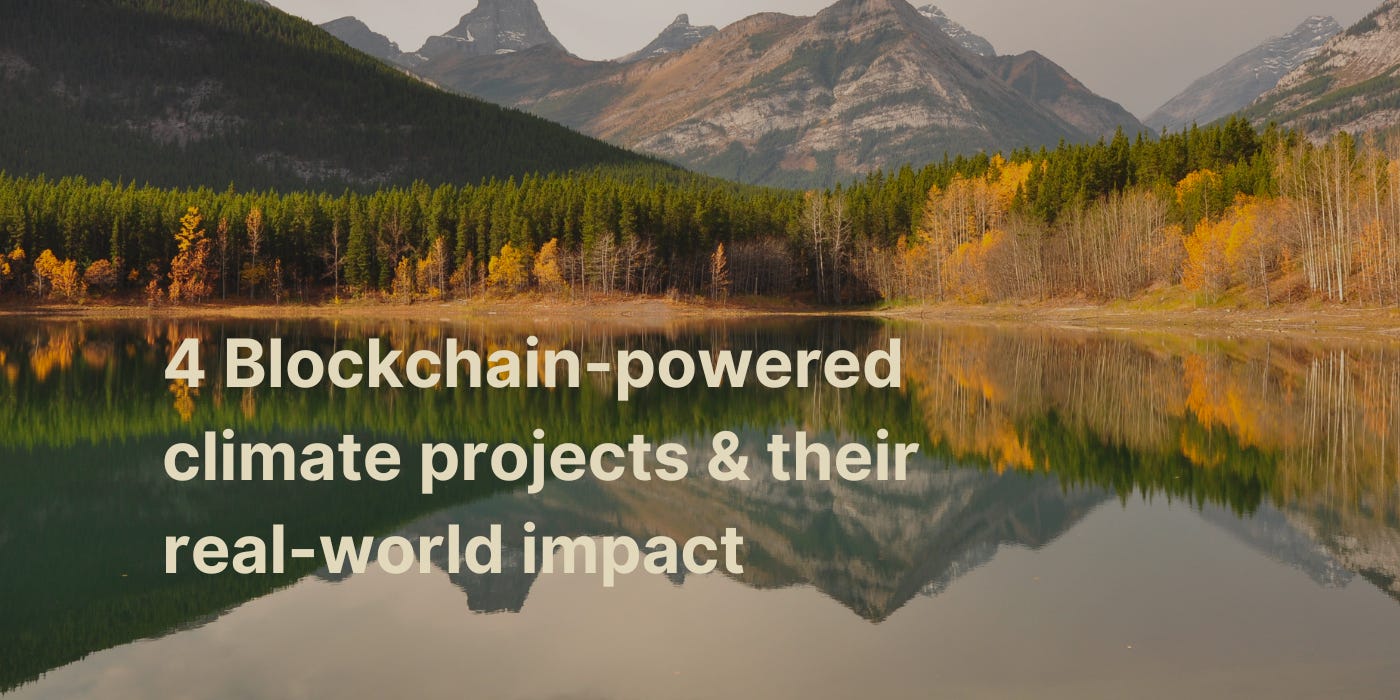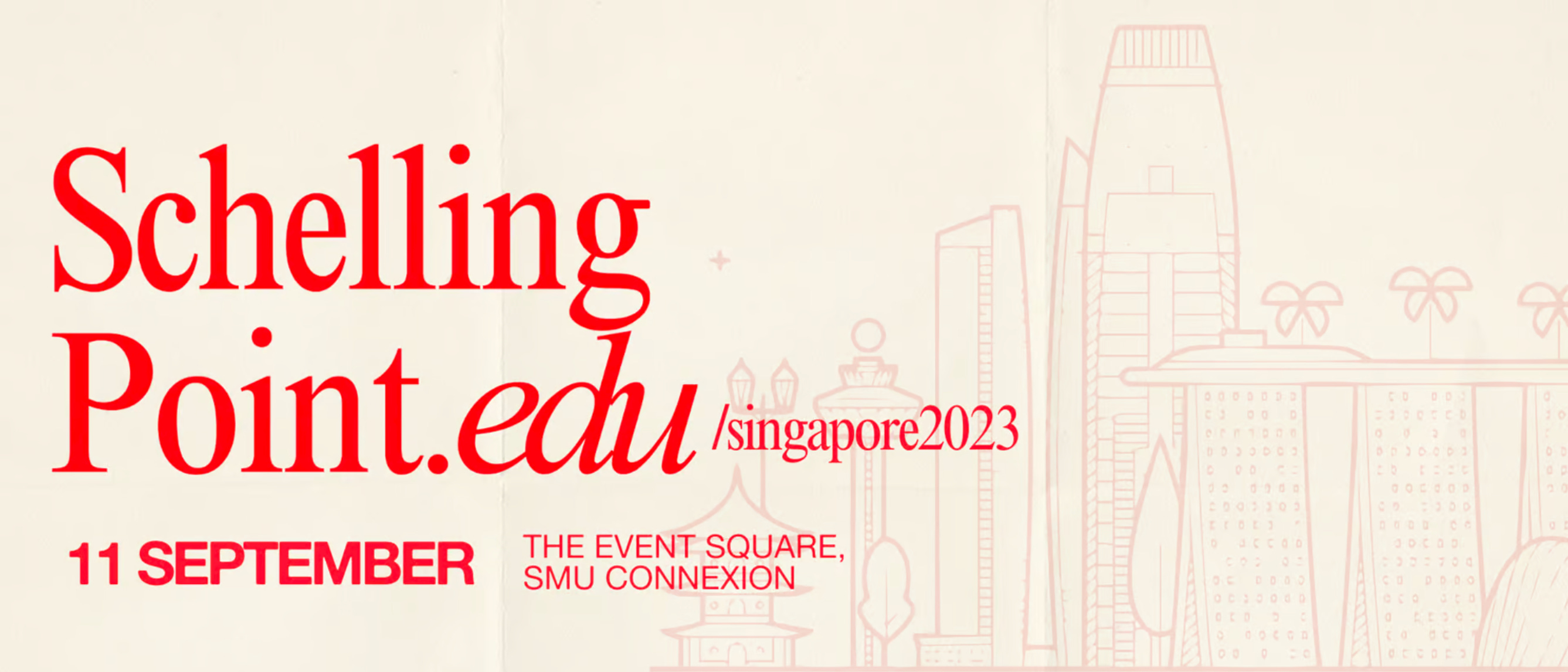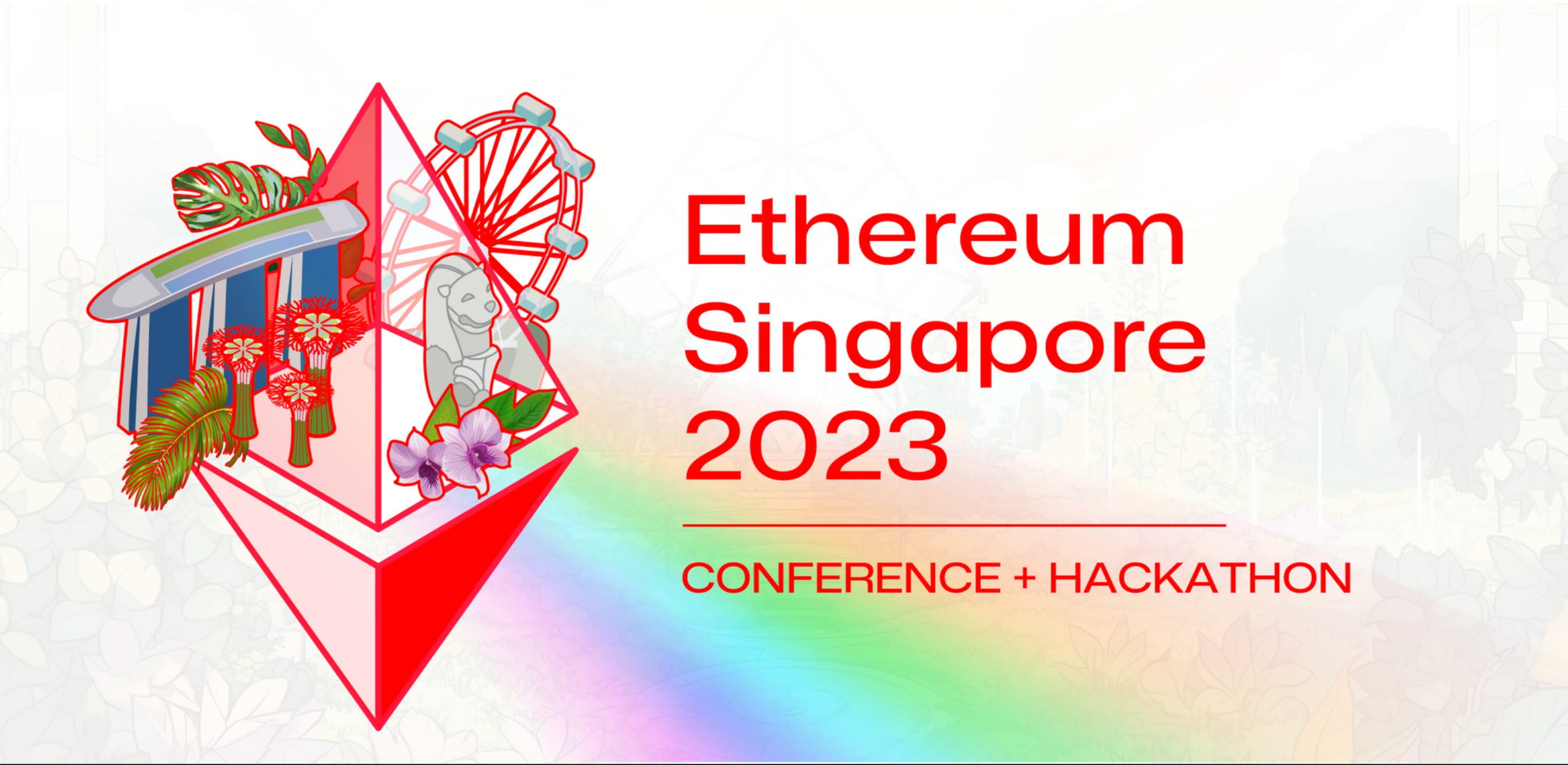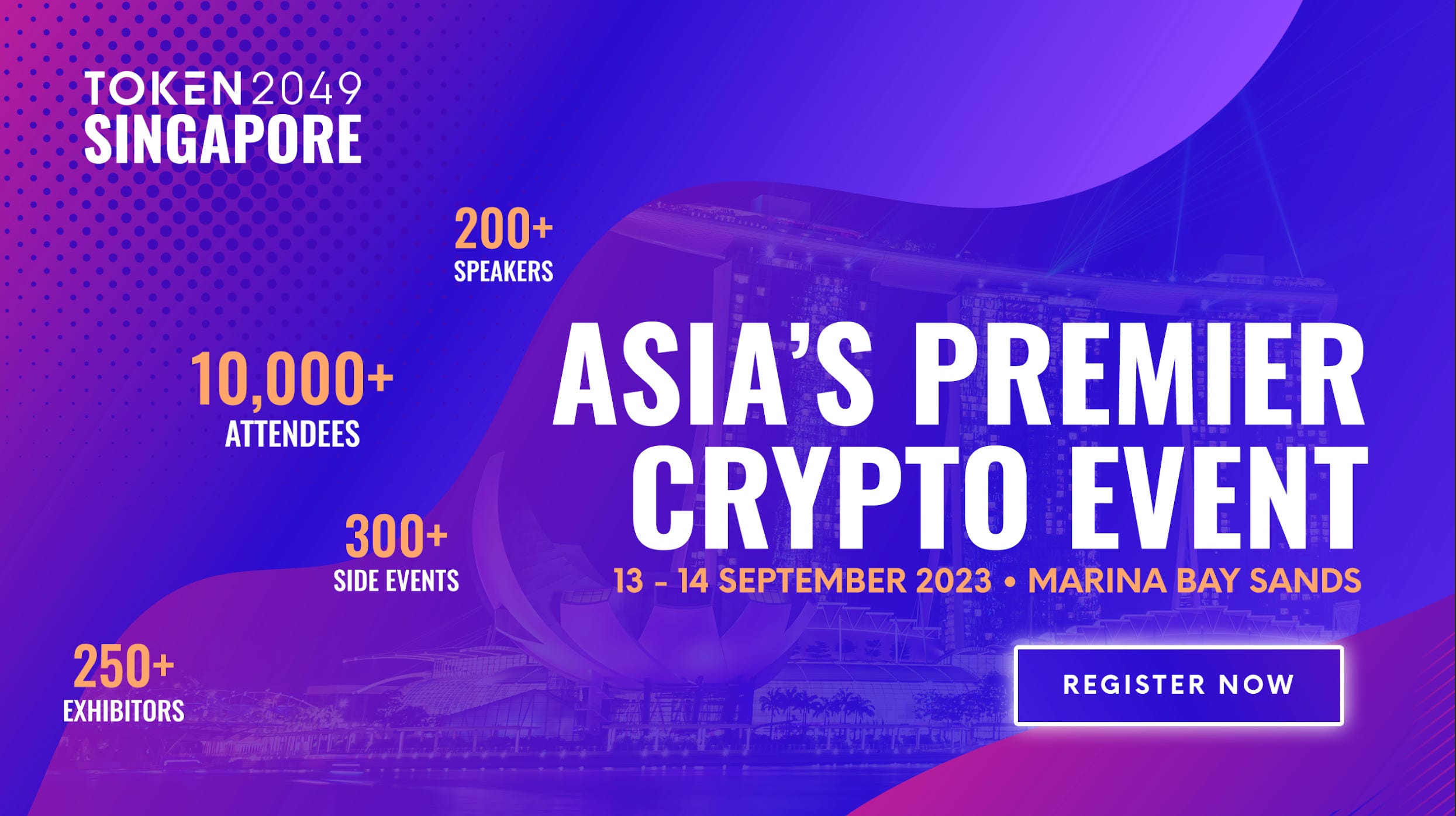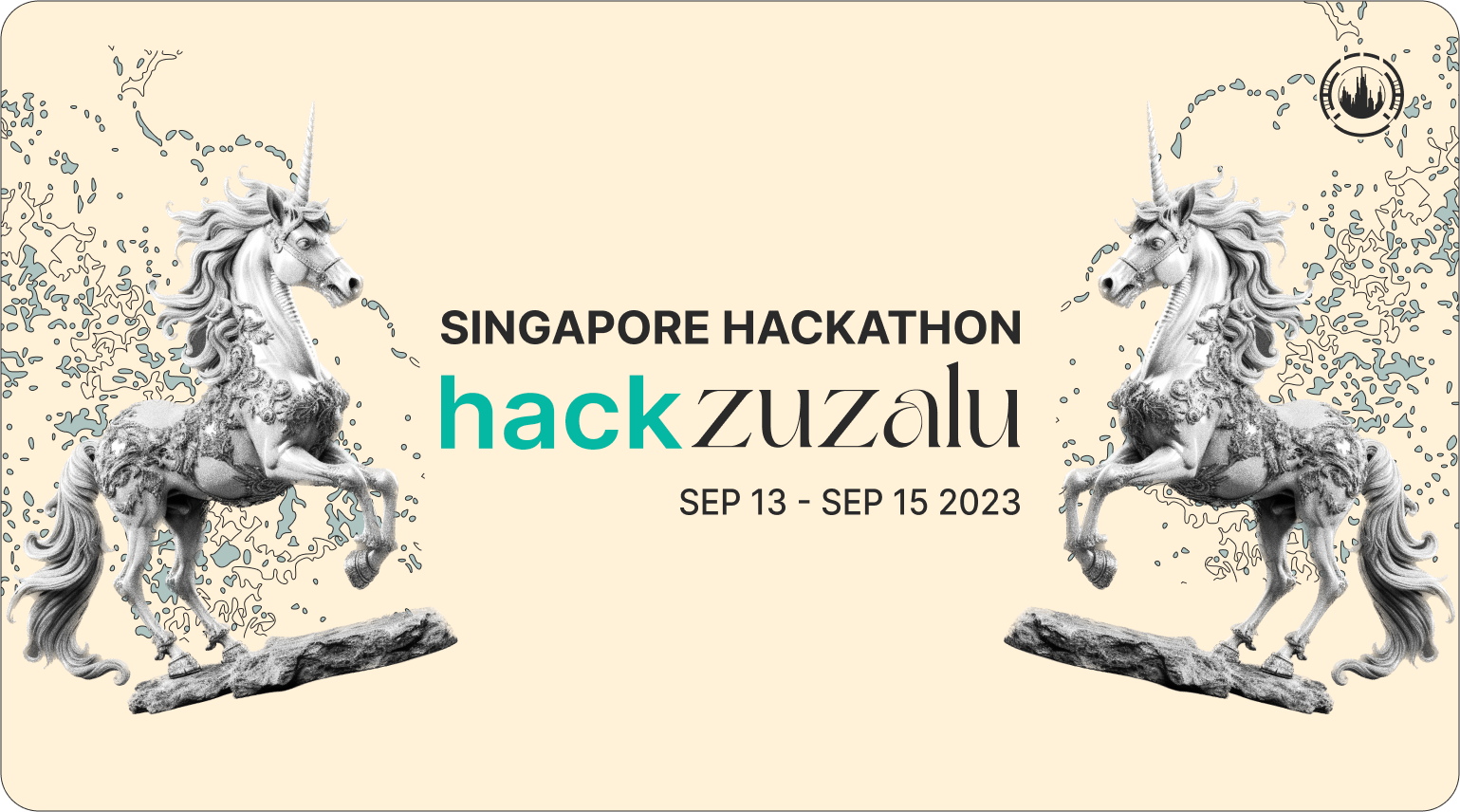The Endgame or the Beginning of Infinity? | State of the DAOs
The Endgame or the Beginning of Infinity? | State of the DAOsYou're reading State of the DAOs, the high-signal low-noise newsletter for understanding DAOs.Sometimes it feels like DAO governance problems precede DAOs themselves, and in many ways they do. Teams may be building for the future, but their mental models of how to design agile, resilient organizations have not caught up to the technology with which we work. As a result, we see DAOs of all sizes suffer from a kind of disengaged governance paralysis, a state of affairs where innovation goes to die. Rune Christianson, co-founder of MakerDAO, recently came back to the protocol with an ambitious proposal to fix MakerDAO governance by dissolving much of the current structure at Maker, and instead remaking it into an organization reliant on subDAOs. As siddhearta writes this week, “Think of subDAOs as project teams that are focused on a specific mission — for MakerDAO this could be growth, innovation, borrowing, or RWAs. Each of these subDAOs has its own governance token and structure, empowering them as circles of consent with autonomy and authority. They self-organize, vote, create business plans, and if they succeed, they get rewarded.” In this week’s editorial, siddhearta analyzes “The Endgame” and posits that the best way for teams to decentralize is to first ‘degrade’ from decentralization to a more centralized model, become resource efficient, and then decentralize. Progressive decentralization isn’t just a buzzword, here it is an actionable plan: one step down, one step over, and one step up. In place of DAO Spotlight this month, be sure to check out the details of Bankless Publishing’s media partnerships this month with Shelling Point, Ethereum Singapore 2023 - Infinite Garden City, Token2049, and Zuzalu! As always we conclude with a TL;DR on some of the most recent DAO ecosystem takes and thought pieces, making it easy for you to cut through the noise and learn everything you need to know about the current state of the DAOs. Contributors: angelspeaks, Quilia, KingIBK, Warrior, Boluwatife, Chameleon Kornekt, trewkat, siddhearta, HiroKennelly This is the official newsletter of BanklessDAO. To unsubscribe, edit your settings. The Endgame or the Beginning of Infinity?MakerDAO's Graceful Degradation on the Road to DecentralizationAuthor: siddhearta
During the prolonged bear, DAOs have had to come to terms with a hard-learned lesson: you can’t simply give people governance tokens and expect them to govern well. DAO after DAO has been struggling with low participation, misaligned incentives, and slow, drawn-out governance procedures. Let’s face it, DAO governance is a pain. The future of work is a decentralized decision-making dystopia. MakerDAO is no exception. Rune Christianson, the co-founder of MakerDAO, has described their situation as a broken system. In his recent Unchained podcast interview, he describes out-of-control expenses, proposals that aren’t aligned with the DAO’s long-term goals, and unnecessary bureaucracy that stifles creativity and innovation. Rune was standing at the edge of the abyss and thinking: maybe full-scale decentralization doesn’t work?
Maker’s Master MoveIn a bold and controversial move, Rune returned to the drawing board and got back to the basics. His quest — to redesign MakerDAO around first principles like decentralization, scalability, innovation, and resource efficiency. Rune believes that contributors can work together in constructive ways with well-designed tools, a gamified contributor experience, and proper incentive design. With these in place, contributors have autonomy within the DAO, but they still need governance boundaries to ensure continual alignment. The challenge is DAOs need rules, but we don’t want bureaucracy. The overall goal of governance is to build systems that lead to constructive contributions by eager DAOists. The result of Rune’s quest was a proposal called Endgame, which is a comprehensive four-phase plan to change the way MakerDAO operates, chiefly by redefining governance boundaries for MakerDAO’s organizational units. Central to the Endgame proposal is the concept of subDAOs. SubDAOs allow the parent DAO to simplify its operations and support the creation of agile, highly productive teams that are built to learn, adapt, and innovate. The subDAO model works to align incentives between diverse teams to improve the operations of the overall organization. What’s a SubDAO?Think of subDAOs as project teams that are focused on a specific mission — for MakerDAO this could be growth, innovation, borrowing, or RWAs. Each of these subDAOs has its own governance token and structure, empowering them as circles of consent with autonomy and authority. They self-organize, vote, create business plans, and if they succeed, they get rewarded. Most DAOs face a cruel choice when trying to start a new project: either spend social capital to gain the support of OGs within the DAO or endure a governance nightmare and be stuck in the forums for the next three months. SubDAOs, in contrast, are engineered for agility. They safeguard the parent DAO from potential pitfalls and share their learnings system-wide. And sure, some (most) subDAOs might fail. But others will collaborate, adapt, build, and thrive. While the shift to subDAOs is a strategic move, it is also a shift towards centralization. It empowers smaller groups with autonomy and authority. By narrowing the focus of these subDAOs, contributors can avoid organizational debt and stifling bureaucracy. They can start with a clean slate, streamline operations, and become magnets for domain-specific experts. This type of change in governance and decision making isn’t possible in traditional organizations, where bureaucracy is self-preserving and meant to substantiate the ideas of those in power. Only DAOs soft-code decentralization into their ethos, which in the short term might mean it is better to centralize decision making. Graceful Degradation: The Path to the Ideal StateThe term "graceful degradation" typically resonates with system designers, especially in the context of web design. It embodies the principle of ensuring features work smoothly across varied versions and types of browsers without compromising the end user's experience. But when applied to DAOs, it takes on a new level of meaning. If we think about organizations existing across a spectrum of decentralization and resource efficiency, most DAOs would be highly decentralized but not very resource efficient. Web3 startups often start off as centralized groups that are trying to adopt the web3 ways of working, meaning they are likely resource inefficient. By contrast, web2 startups are efficient monoliths that are centralized and highly resource efficient. Finally, we have the ideal state, an adaptive, resource-efficient ecosystem with decentralized governance. Currently, MakerDAO (and most DAOs) are in a state of experimental chaos with high degrees of decentralization but low resource efficiency. This leads to many of the problems that Rune described – wasted resources, painful governance, and stagnating organizations that aren’t able to fulfill their mission.
The challenge is that the roadmap to our ideal state isn’t a direct route; there are too many variables at play to see a clear path from where we are now to where we want to go. With a better view of the road ahead, we see we don’t have to cross the abyss of despair, we just need to go around it. To cross the chasm of inefficiency, DAOs might have to gracefully ‘degrade’ – in essence, centralize decision making into smaller groups like subDAOs to streamline processes and optimize resources. As these groups build and scale, they resume on the path of progressive decentralization. This is why subDAOs might represent the true path to decentralization. They represent pockets of centralized decision making that aim to design better systems and solutions. As circles of consent, authority, and autonomy, they empower teams to work nimbly and innovate. As they mature, they can progressively decentralize, sharing their lessons, codifying their rules, and evolving towards the end game of adaptive, decentralized systems. In essence, subDAOs are experimental sandboxes. A failure in one doesn't capsize the entire organization. Moreover, these micro-failures provide invaluable lessons, ensuring other subDAOs don't fall into the same pitfalls. Approaching the Efficiency Frontier
As organizations enter the domain of adaptive ecosystems, at some point they will approach the efficiency frontier where they start noticing stagnation, inefficiency, and limited systems. The approach here is the same as above, to not separate thinking from doing and to give authority and power to those doing the work to figure out a better way forward. As DAOs approach the efficiency frontier, the cycle repeats itself and rather than reaching an ideal end-state, we find ourselves on the frontier of an infinite cycle of degradation, progress, and decentralization. The “Endgame” or the Beginning of Infinity?When we think of "endgames," we think of a concluding act — an ultimate goal or destination. Yet, within the spectrum of decentralized organizations, subDAOs might not represent the endgame, but the beginning of an infinite game. The physicist David Deutsch elegantly encapsulated this concept in his analogy for the progression of knowledge. Instead of envisioning an absolute state of omniscient perfection, he encouraged an understanding where there is no end to the creation of knowledge as long as we design systems that notice problems and work to correct them. This resonates deeply with the world of DAOs and the overarching principles of decentralization. The Paradox of Perfect CodeIn the Unchained podcast, Rune describes the Endgame as a smart contract that does everything. A BTC-like state of reliability. Code at the center, people at the edges. I’ve always thought this curious because the center is coded on existing knowledge and change always happens at the edges. If the parent DAO is what is encoded at the center, subDAOs are at the edges where change and innovation happen. SubDAOs are pushing to encode things in the center, but mainly they are working to design solutions to emerging challenges. There is an interesting paradox here in the age of AI when humans as labor are increasingly becoming irrelevant and there is a temptation to outsource everything: while humans are ‘messy’ and ‘imperfect’, they are the source of change, adaptation, and growth. In our quest to build ‘perfect’ systems, we shouldn’t prioritize the center over the edges, for it is at the edges where all the interesting stuff happens. DAOs need to experiment with unproductive paths, to work at the edges. In the quest to build the 'perfect' system, we must never forget the immense value that people bring to the table, with their capacity for criticism, challenging the status quo, and experimenting with different ideas. If we want organizations that change, adapt, and grow, we need a culture that supports organizational evolution. In DAOs, this often means relinquishing power, questioning the status quo, and not succumbing to the habit of trying to control the world around our conception of ‘perfect.’ Central to this is the understanding that we're perpetually prone to errors, but always in a position to correct them. Instead of seeking a static, 'perfect' system, we need structures that are adaptable and resilient. For every system, from the most intricate code to the most complex organization, there's a gap between the idea of the thing and the thing itself. This gap leads to confusion and uncertainty, and sets in motion a cycle of problems. What isn’t recognized in the search for perfect code at the center is that there is an underlying logic in problems. Problems present an opportunity for progress and a chance to make things better. Nirvana isn’t a static state. It is an unfolding process. Standing at the Edge of InfinityThe journey towards decentralized efficiency isn't about reaching a final destination. Instead, it's about fostering a system that relentlessly seeks to identify its missteps and learn from them. It's about constructing a culture that values autonomy, consent, and authority, and that is primed for unlimited growth and development. In the ever-evolving narrative of decentralization, the endgame isn't the culmination of an ideal hard-coded state, but the commencement of an adaptive ecosystem. Through the lens of graceful degradation, we come to see that while we might never run out of problems, the potential for progress is boundless, infinite, and profoundly desirable. Ecosystem Takes
DAOs for ImpactAuthor: Brynly Llyr, Aiden Slavin 🔑 Insights: DAOs have redefined how we organize people and direct resources. While most popular DAOs revolve around decentralized finance, innovators have recently begun to develop other varieties of DAOs that aim at effecting positive changes.
Dodging The Tyranny of Structurelessness in DAOsAuthor: Rika Goldberg 🔑 Insights: Understanding the tyranny of structurelessness in DAOs is crucial for effective governance. DAOs need a balanced approach between centralization and decentralization to succeed, guided by three core pillars: formal structure, protocol-first strategy, and meritocracy and diversity.
Developing the DAO Health Pulse: reduction to a more convenient diagnosticAuthor: Navojit Roy, Kenneth Francis 🔑 Insights: The authors developed the DAO Health Pulse Survey as a more convenient diagnostic tool for DAOs based on feedback and sample data from partnering DAOs. This new survey tool utilizes sample data collected from collaborating DAOs like Gitcoin and MoonDAO. The goal is to offer a more user-friendly and efficient diagnostic tool for assessing the health and effectiveness of DAOs.
Solving climate problems: 4 Blockchain projects that have a real-world impactAuthor: Anna Watson 🔑 Insights: This article discusses the World Economic Forum's white paper on the use of blockchain technology for climate action. It emphasizes the need for blockchain projects to demonstrate real-world impact in addressing climate issues. It also highlights four early-stage projects showing promising results in reducing CO2 emissions, conserving forests, and supporting local communities through blockchain-based climate technology.
Web3 Work research report: The DAO contributor's perspectiveAuthor: Laura Lotti, Nick Houde, and Tara Merk 🔑 Insights: The report summarizes findings from an in-depth ethnography with 38 DAO contributors, probing their perspectives of work in web3.
Read the full report for the authors' detailed methodology, insights, and recommendations aimed at cultivating an equitable web3 work ecosystem. Upcoming EventsSchelling PointA celebration of all things public goods in web3 where open source technology, impact, and sustainability converge. Schelling Point x Singapore is organized as a one-day event of talks, booths, co-working space, and happy hour, on 11th September from 10AM to 8PM in downtown Singapore. Join for a day full of talks, workshops, and everything good vibes. Engage in topics around:
Ethereum Singapore 2023 - Infinite Garden CityEthereum Singapore 2023 is poised to unite builders, developers, and communities from around the globe to cultivate and nurture the thriving Ethereum ecosystem. Set to take place from September 10th to 12th, this 3-day event will be held at Singapore's esteemed National Gallery. With support from community partners, including the Ethereum Singapore Meetup Group, the event aims to spotlight web3's potential for good by showcasing real use cases from local non-profit organizations. Anticipating over 2000 developers in attendance, Ethereum Singapore 2023 is a pivotal moment in the world of blockchain and Ethereum technology. Token2049TOKEN2049 is a premier web3 event, organized annually in Singapore, where decision-makers in the global crypto ecosystem connect to exchange ideas, network, and shape the industry. TOKEN2049 is a global meeting place for entrepreneurs, institutions, industry insiders, investors, builders, and those with a strong interest in the crypto and blockchain industry. Headline speakers include Gemini Co-Founders Cameron and Tyler Winklevoss; Circle CEO Jeremy Allaire; Franklin Templeton CEO Jenny Johnson; Yuga Labs CEO Daniel Alegre; F1 Drivers Daniel Ricciardo and Pierre Gasly. ZuzaluHackZuzalu is Zuzalu's debut open application, a build-focused satellite event, serving as a great way for new members to join their community. Here's a quick overview of the programming:
Apply soon to qualify for their sponsored housing at a first come first serve needs-based basis! |
Older messages
Bonding With Chippi Over Bitcoin | Bankless Publishing Recap
Wednesday, September 6, 2023
Top-shelf Educational Web3 Content Shipped Directly to Your Inbox
A Medley for Season 9 | BanklessDAO Weekly Rollup
Saturday, September 2, 2023
Catch Up With What Happened This Week in BanklessDAO
OP Grants Stack: The Wellspring of Regenerative Cryptoeconomics | Layer 2 Review
Friday, September 1, 2023
Quick Reads and Hot Links Covering the People and Projects Who Are Scaling Ethereum
Welcoming Long Term Alignment With the DAO | BanklessDAO Weekly Rollup
Saturday, August 26, 2023
Catch Up With What Happened This Week in BanklessDAO
People > Tech | Bankless Publishing Recap
Tuesday, August 22, 2023
Top-shelf Educational Web3 Content Shipped Directly to Your Inbox
You Might Also Like
Central African Republic’s CAR memecoin raises scrutiny
Friday, February 14, 2025
Allegations of deepfake videos and opaque token distribution cast doubts on CAR's ambitious memecoin project. ͏ ͏ ͏ ͏ ͏ ͏ ͏ ͏ ͏ ͏ ͏ ͏ ͏ ͏ ͏ ͏ ͏ ͏ ͏ ͏ ͏ ͏ ͏ ͏ ͏ ͏ ͏ ͏ ͏ ͏ ͏ ͏ ͏ ͏ ͏ ͏ ͏ ͏ ͏ ͏ ͏ ͏ ͏ ͏
January CEX Data Report: Significant Declines in Trading Volume Across Major CEXs, Spot Down 25%, Derivatives Down…
Friday, February 14, 2025
According to data collected by the WuBlockchain team, spot trading volume on major central exchanges in January 2025 decreased by 25% compared to December 2024. ͏ ͏ ͏ ͏ ͏ ͏ ͏ ͏ ͏ ͏ ͏ ͏ ͏ ͏ ͏ ͏ ͏ ͏ ͏ ͏
Previewing Coinbase Q4 2024 Earnings
Friday, February 14, 2025
Estimating Coinbase's Transaction and Subscriptions & Services Revenue in Q4 2024 ͏ ͏ ͏ ͏ ͏ ͏ ͏ ͏ ͏ ͏ ͏ ͏ ͏ ͏ ͏ ͏ ͏ ͏ ͏ ͏ ͏ ͏ ͏ ͏ ͏ ͏ ͏ ͏ ͏ ͏ ͏ ͏ ͏ ͏ ͏ ͏ ͏ ͏ ͏ ͏ ͏ ͏ ͏ ͏ ͏ ͏ ͏ ͏ ͏ ͏ ͏ ͏ ͏ ͏ ͏ ͏
ADA outperforms Bitcoin as Grayscale seeks approval for first US Cardano ETF in SEC filing
Friday, February 14, 2025
Grayscale's Cardano ETF filing could reshape ADA's market position amid regulatory uncertainty ͏ ͏ ͏ ͏ ͏ ͏ ͏ ͏ ͏ ͏ ͏ ͏ ͏ ͏ ͏ ͏ ͏ ͏ ͏ ͏ ͏ ͏ ͏ ͏ ͏ ͏ ͏ ͏ ͏ ͏ ͏ ͏ ͏ ͏ ͏ ͏ ͏ ͏ ͏ ͏ ͏ ͏ ͏ ͏ ͏ ͏ ͏ ͏ ͏
AI project trading tips: investment targets and position management
Friday, February 14, 2025
This interview delves into the investment trends, market landscape, and future opportunities within AI Agent projects. ͏ ͏ ͏ ͏ ͏ ͏ ͏ ͏ ͏ ͏ ͏ ͏ ͏ ͏ ͏ ͏ ͏ ͏ ͏ ͏ ͏ ͏ ͏ ͏ ͏ ͏ ͏ ͏ ͏ ͏ ͏ ͏ ͏ ͏ ͏ ͏ ͏ ͏ ͏ ͏ ͏
DeFi & L1L2 Weekly — 📈 Polymarket recorded a new high of 462.6k active users in Jan despite volume dip; Holesky a…
Friday, February 14, 2025
Polymarket recorded a new high of 462600 active users in January despite volume dip; Holesky and Sepolia testnets are scheduled to fork in Feb and Mar for Ethereum's Pectra upgrade. ͏ ͏ ͏ ͏ ͏ ͏ ͏ ͏
DeFi & L1L2 Weekly — 📈 Polymarket recorded a new high of 462.6k active users in Jan despite volume dip; Holesky a…
Friday, February 14, 2025
Polymarket recorded a new high of 462600 active users in January despite volume dip; Holesky and Sepolia testnets are scheduled to fork in Feb and Mar for Ethereum's Pectra upgrade. ͏ ͏ ͏ ͏ ͏ ͏ ͏ ͏
Donald Trump taps crypto advocate a16z’s Brian Quintenz for CFTC leadership
Friday, February 14, 2025
Industry leaders back Brian Quintenz's nomination, highlighting his past efforts at the CFTC and potential to revamp crypto oversight. ͏ ͏ ͏ ͏ ͏ ͏ ͏ ͏ ͏ ͏ ͏ ͏ ͏ ͏ ͏ ͏ ͏ ͏ ͏ ͏ ͏ ͏ ͏ ͏ ͏ ͏ ͏ ͏ ͏ ͏ ͏
⚡10 Tips to Make a Living Selling Info Products
Friday, February 14, 2025
PLUS: the best links, events, and jokes of the week → ͏ ͏ ͏ ͏ ͏ ͏ ͏ ͏ ͏ ͏ ͏ ͏ ͏ ͏ ͏ ͏ ͏ ͏ ͏ ͏ ͏ ͏ ͏ ͏ ͏ ͏ ͏ ͏ ͏ ͏ ͏ ͏ ͏ ͏ ͏ ͏ ͏ ͏ ͏ ͏ ͏ ͏ ͏ ͏ ͏ ͏ ͏ ͏ ͏ ͏ ͏ ͏ ͏ ͏ ͏ ͏ ͏ ͏ ͏ ͏ ͏ ͏ ͏ ͏ ͏ ͏ ͏ ͏ ͏ ͏ ͏ ͏ ͏ ͏
Interview with CryptoD: How He Made $17 Million Profit on TRUMP Coin
Friday, February 14, 2025
Author | WUblockchain, Foresight News ͏ ͏ ͏ ͏ ͏ ͏ ͏ ͏ ͏ ͏ ͏ ͏ ͏ ͏ ͏ ͏ ͏ ͏ ͏ ͏ ͏ ͏ ͏ ͏ ͏ ͏ ͏ ͏ ͏ ͏ ͏ ͏ ͏ ͏ ͏ ͏ ͏ ͏ ͏ ͏ ͏ ͏ ͏ ͏ ͏ ͏ ͏ ͏ ͏ ͏ ͏ ͏ ͏ ͏ ͏ ͏ ͏ ͏ ͏ ͏ ͏ ͏ ͏ ͏ ͏ ͏ ͏ ͏ ͏ ͏ ͏ ͏ ͏ ͏ ͏ ͏ ͏ ͏ ͏ ͏ ͏ ͏
